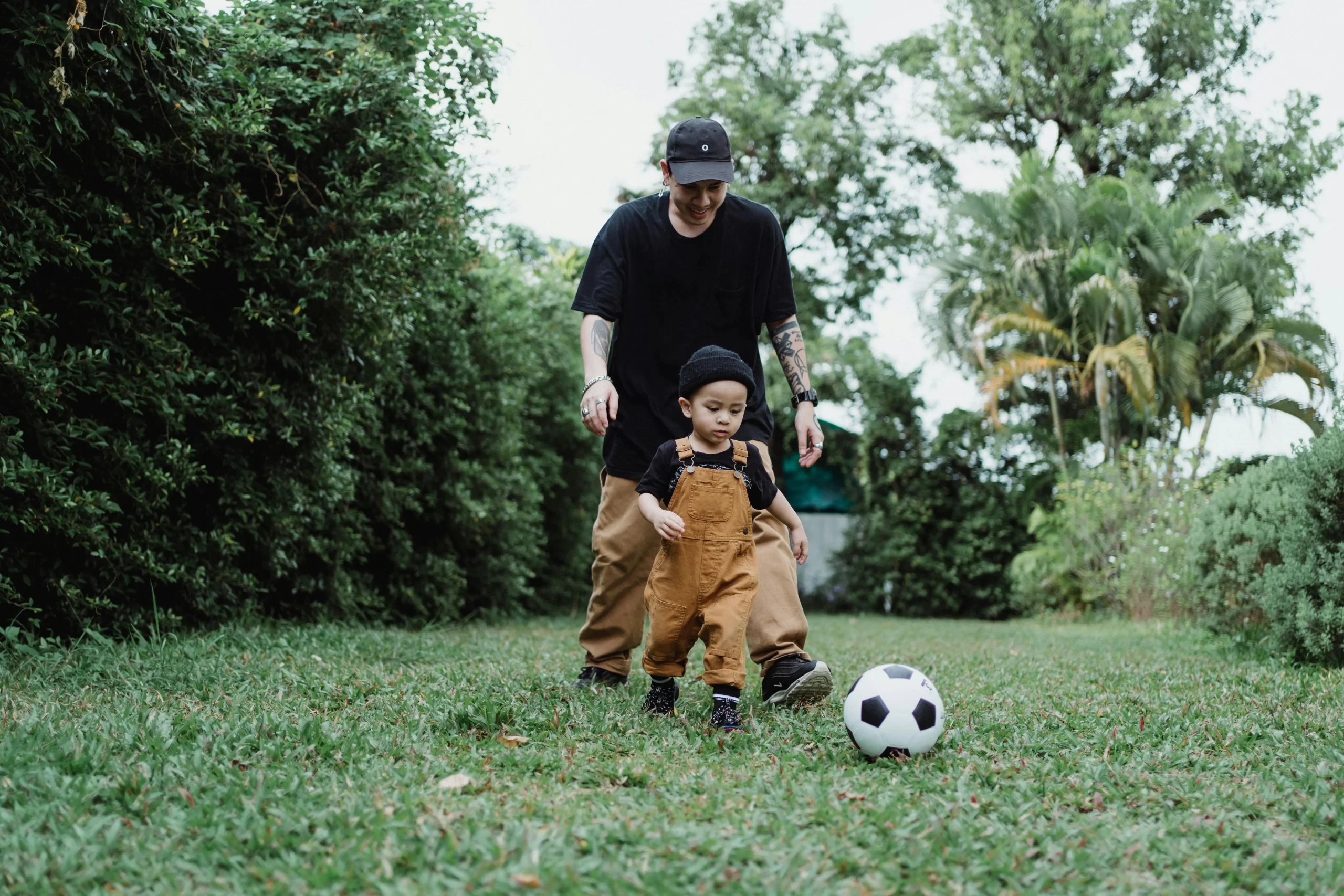How To Resolve Conflicts With Other Parents In Youth Sports
As a parent of an athlete, when your child steps onto the field or court, your heart swells with pride. You cheer them on with enthusiasm, hoping they enjoy the sport as much as you did or still do. However, amidst all the joy, conflicts with other parents can creep in, turning that supportive environment into a challenging battleground. Disagreements can disrupt not only your experience but also your child’s enjoyment of the sport. So, how can you resolve these conflicts constructively and foster a positive community for everyone involved? Let’s explore actionable steps that will help you navigate these tricky waters with grace.
1. Understand the Common Causes of Conflict
It’s essential to identify what typically causes conflicts between parents. Here are some of the common issues:
- Differences in Parenting Styles: Every parent has a unique approach to guiding their child, and these differences can clash during games or practices.
- Competitiveness: Heightened emotions during competitive events can lead to heated discussions over coaching decisions, play styles, or playing time.
- Communication Gaps: Misunderstandings arise when there’s a lack of clear communication among parents, coaches, and even athletes.
Understanding these underlying issues helps you frame your responses effectively.
2. Stay Calm and Approach Conflicts Respectfully
When conflicts arise, emotions can run high. It’s vital to stay calm and approach the situation with respect. Here are some tips to manage your emotions:
- Pause Before Responding: Take a deep breath before you react. This pause will allow you to assess the situation logically rather than emotionally.
- Choose the Right Time and Place: If you feel an issue needs addressing, do so away from the game or practice environment. A neutral space fosters a more constructive conversation.
By staying calm, you set a positive tone that encourages open dialogue.
3. Focus on Solutions, Not Blame
Instead of pointing fingers, steer the conversation toward finding a resolution. Here’s how you can do this:
- Identify the Issue: Clearly articulate the problem without attacking the other parent personally. For instance, say, “I noticed that we often disagree about the game rules” instead of “You always ruin the game for everyone.”
- Propose Solutions: Offer realistic solutions. For example, suggest that parents meet regularly to discuss any concerns about the team’s dynamics.
- Listen Actively: Allow the other parent to share their perspective. Show that you value their opinions by nodding and responding thoughtfully.
Focusing on solutions can transform a heated argument into a collaborative discussion.
4. Encourage Open Communication
Promoting open lines of communication can help prevent conflicts from escalating. Here are some effective ways to encourage this:
- Establish a Parent Group: Create a platform like a group chat or social media page where parents can share thoughts and experiences. This platform can foster mutual support and understanding.
- Host Informal Gatherings: Schedule casual gatherings outside of the sporting events. These social interactions can help build relationships, making it easier to address any issues that arise.
Open communication fosters trust and reduces misunderstandings.
5. Lead by Example
As a parent, you set the tone for your child and, potentially, other parents. Here’s how to lead by example:
- Model Good Behavior: Show respect toward the coaches, referees, and other parents, even when things don’t go your way. Your child will notice how you handle conflicts and learn from your behavior.
- Teach Conflict Resolution Skills: Use your experiences to teach your child how to navigate disputes. This could be a great opportunity to instill values such as empathy, active listening, and cooperation.
When you lead by example, you cultivate a healthy atmosphere for everyone involved.
6. Address Continuous Conflict Promptly
If a disagreement with another parent becomes a recurring issue, it’s crucial to address it directly and promptly. Here’s your action plan:
- Request a Meeting: Politely ask if you can meet to discuss the ongoing issue. Ensure that you frame the request positively, focusing on your shared interest in your children’s well-being.
- Stay Objective: During the conversation, focus on specific incidents rather than generalizing. For example, “I felt uncomfortable when you criticized my child’s performance in front of others” is more effective than labeling the person as disrespectful.
- Collaborate on Solutions: Together, brainstorm how to avoid similar issues in the future.
Addressing recurring conflicts head-on can help restore harmony within the community.
Conclusion: Fostering a Positive Environment for Our Kids
Navigating conflicts with other parents doesn’t have to be an overwhelming ordeal. By approaching issues with calmness, focusing on solutions, and fostering open communication, you can contribute to a supportive environment that enhances your child’s sporting experience. You’re not just a spectator; you play a vital role in shaping your child’s enjoyment of the sport.
Take the time today to reflect on your interactions with fellow parents. Ask yourself, “Am I fostering a positive community for my child?” If the answer is no, take action. Start a conversation, reach out to another parent, or create a supportive parent group. Together, let’s ensure that our children enjoy every moment of their athletic journey in a nurturing and respectful environment.




